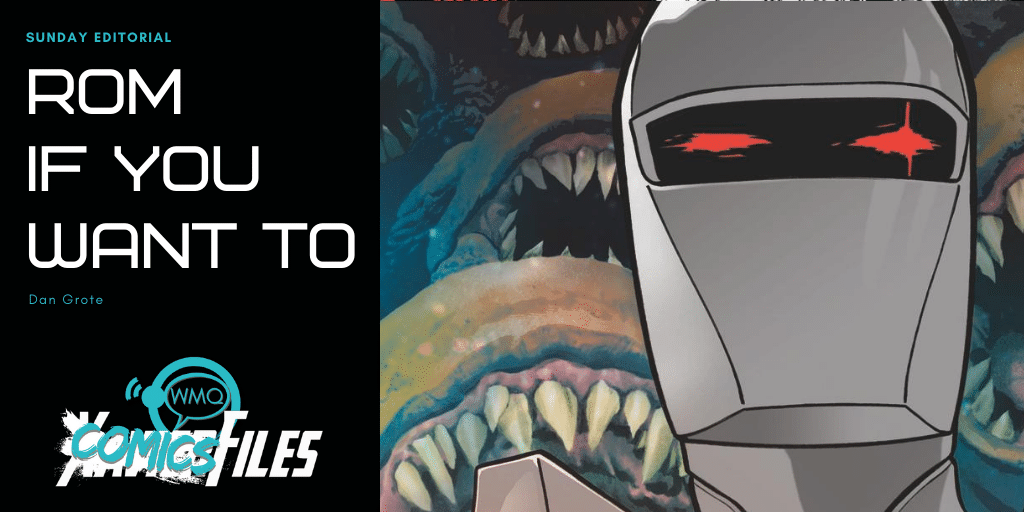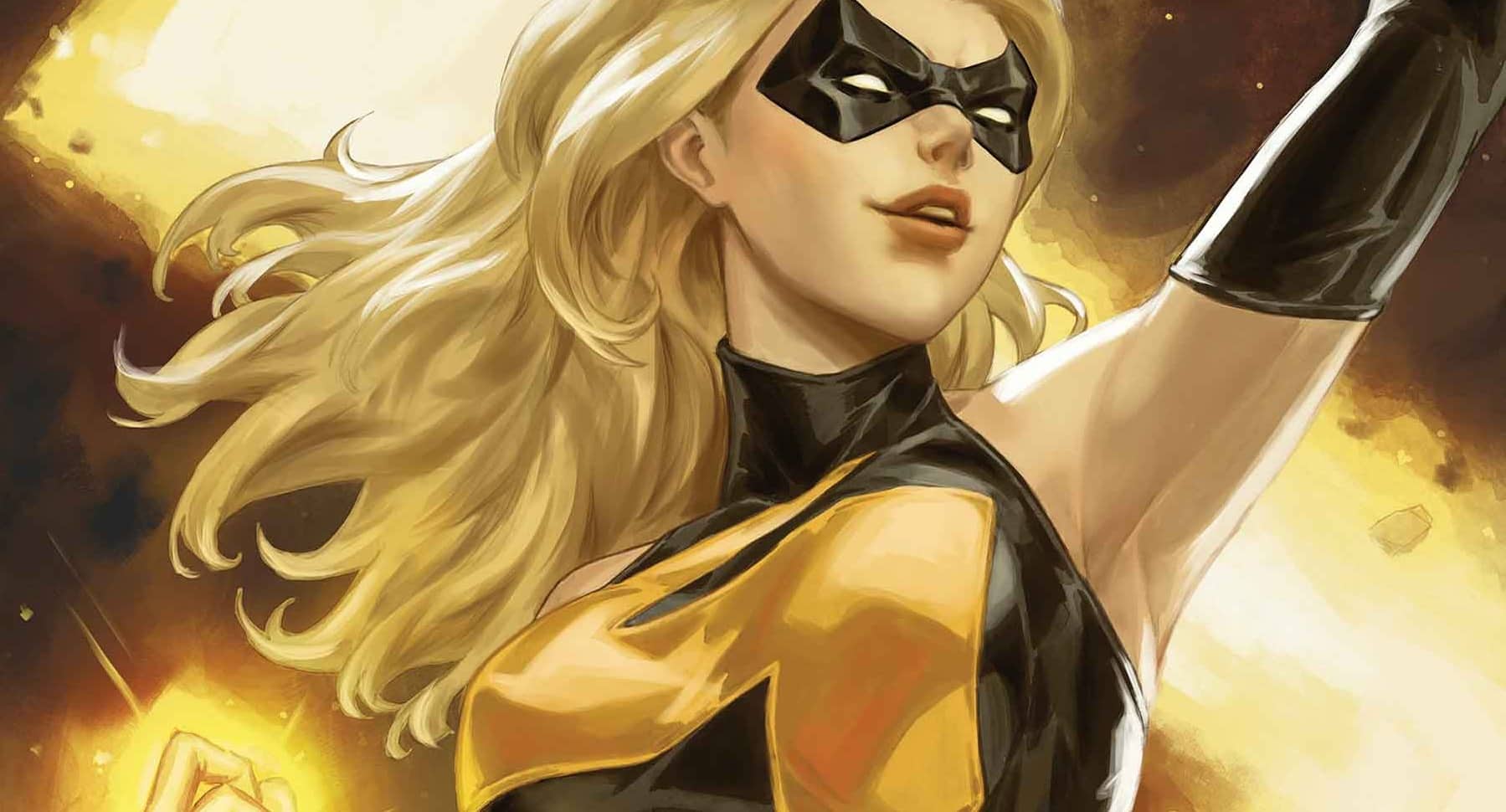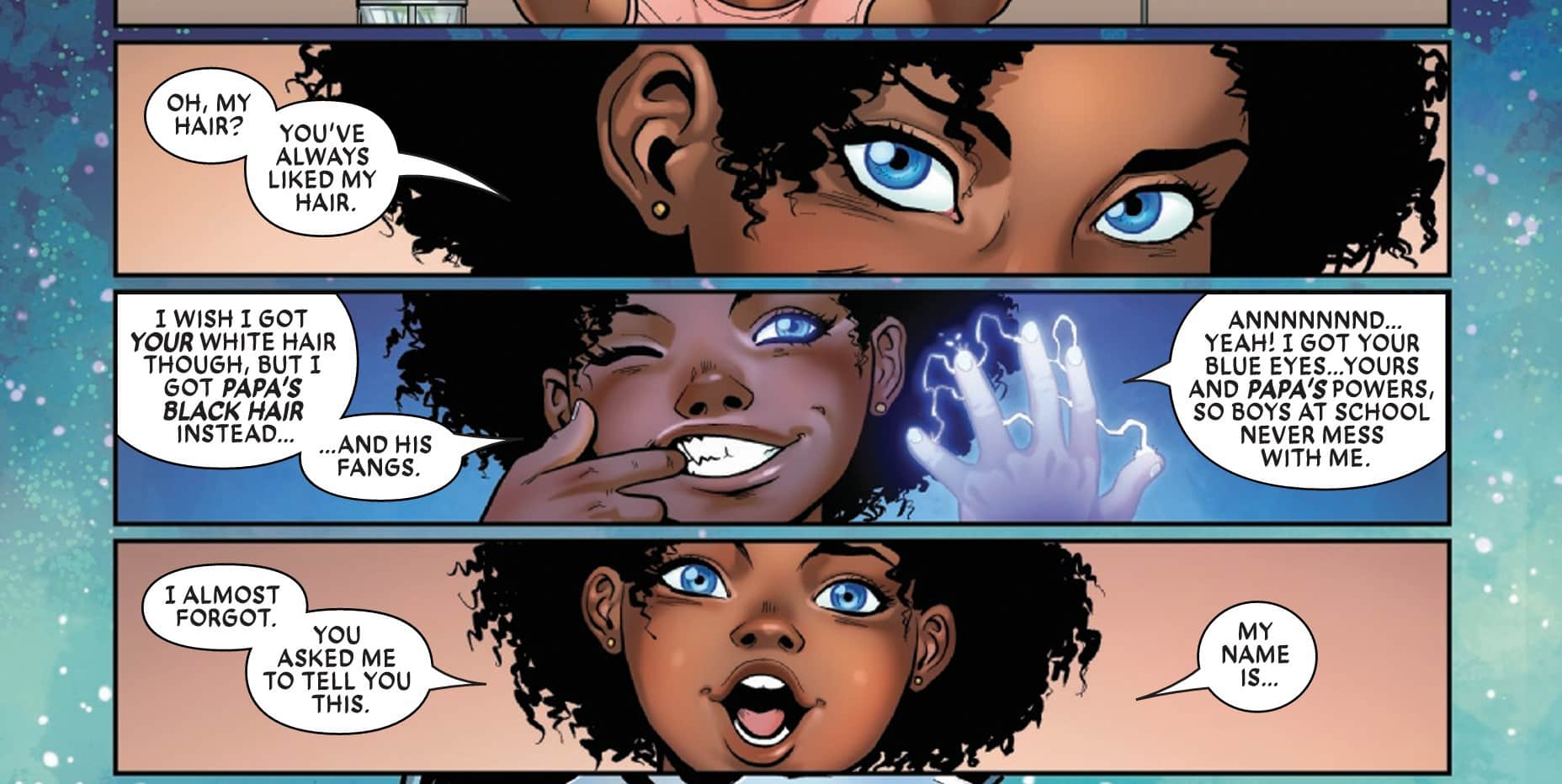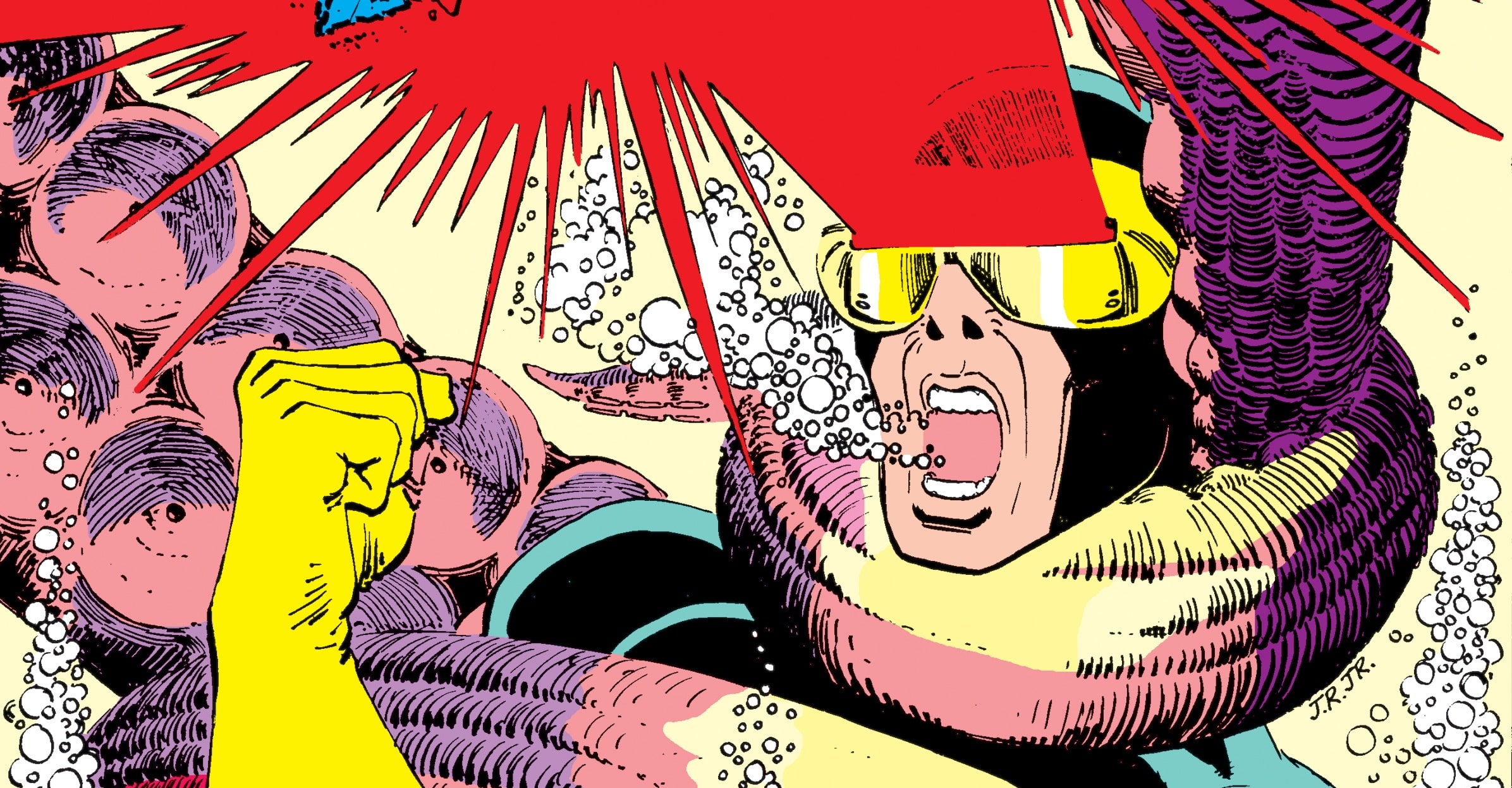IDW went through a bit of a leadership shakeup last week, as President, Publisher and Chief Creative Officer Chris Ryall was announced to be stepping down to develop his own publishing venture. A day later, IDW said Jerry Bennington and Jud Meyers had been tapped for Ryall’s previous roles as president and publisher, respectively, while Rebekah Cahalin was promoted to general manager and executive vice president of operations.

In the announcement of Ryall’s departure, it says, “Ryall is launching a new storytelling venture focused on the disparate worlds and characters that he brought to life at IDW Publishing.”
This, of course, is just cryptic enough to beggar all sorts of questions. What properties is Ryall taking with him to his World of Syzygy? Does he retain the rights to his and Ashley Wood’s Zombies vs. Robots? Could he attempt to rescue and publish COVID-delayed series like “Sea of Sorrows” or “Bermuda”? Could he lure IDW’s megahit Locke & Key, which he is still involved in as editor of the comic and an executive producer of the Netflix series?
But, more important than all of these questions, is this:
What happens to ROM?
Nothing. The answer is nothing. ROM is owned by Hasbro, which licenses its characters — Transformers, G.I. Joe, etc. — to IDW. Considering IDW also just announced a crossover miniseries between the Transformers and Back to the Future, that’s not likely to change any time soon.
Still, you’d think with the way Marvel’s been acquiring licenses lately, it might have more than a passing interest in reclaiming the Galadorian spaceknight.

Marvel published ROM: Spaceknight for 75 issues (plus annuals) from 1979 to 1986, during Marvel’s original bout of license-mania, an era that also included Star Wars, Shogun Warriors and Team America (No, not that one) comics. During that period, Bill Mantlo, Sal Buscema and others developed a whole continuity around the cyborg alien warrior, one that ultimately became intertwined with the rest of the Marvel Universe, perhaps most memorably in the critically regarded X-Men story “Lifedeath” by Chris Claremont and Barry Windsor-Smith.
And while the rights to ROM eventually left Marvel, the rest of its mythology — Galador, the Spaceknights, the Dire Wraiths — stayed behind. Most recently, in March’s Cable #1, the teenage version of Nathan Summers found a Galadorian sword embedded in the paw of a monster on the island of Arakko, luring a trio of spaceknights to Earth.

Admittedly, ROM is a very niche part of Marvel history. But he has his stans, including Ryall, who in September will wrap a Dire Wraiths miniseries for IDW, which he wrote on top of all his executive duties at the publisher.
But you know what else is pretty niche: individual X-Men fans’ favorite mutants (Don’t believe us, check out this totally factual map). And the X-Men, and their swords, are hot right now. And if one of those swords happens to be a Galadorian space blade, and that should happen to lure a certain spaceknight across galaxies and publishers into the Krakoan fray … well, that seems like a good way to give ROM some heat.
And hey, Marvel and IDW already have a relationship, given the latter publishes the former’s kids comics, so really, what’s to stop any of this from happening?
So in conclusion, make mine ROM!
And, uh, best wishes to Ryall on his new endeavors.
Bonus Editorial: The Asterisk Eisners
Congratulations to this year’s crop of Eisner winners, announced Friday night as part of Comic-Con @ Home, the virtual answer to San Diego, where celebrities appear on awkward Zoom video panels to plug movies that aren’t actually coming out. (Goddammit, New Mutants.)
Unlike past years, this year’s Eisners awarded a number of women and creators of color, such as Emil Ferris (Our Favorite Thing Is My Favorite Thing Is Monsters), Raina Telgemeier (Guts), the team behind Image’s Bitter Root (David F. Walker, Chuck Brown, Sanford Greene, et al), and the women behind Laura Dean Keeps Breaking up with Me (Mariko Tamaki and Rosemary Valero-O’Connell). Xavier Files contributor Nola Pfau was even recognized for their contributions as editor-in-chief of Women Write About Comics, which won for Best Comics-Related Journalism.
But it was because of these big wins for people from marginalized groups that we were reminded why this year’s Eisners, like so much of this year, comes with an asterisk.
— nola (@nolapfau) July 25, 2020
As Graeme McMillan at the Hollywood Reporter Hollywood reported, an anomaly that closed online voting for the Eisners last month was actually an error that cross-linked accounts and allowed voters not only to see personal information listed in the linked account but to change the other person’s vote.
We don’t know to what extent that affected the final outcome. Like a shortened MLB season, or NBA season, or NHL season, or … you get the point … it casts a pall over things because suddenly you can’t compare this year’s wins to previous ones.
But y’know what? If you got an Eisner last night, if you’re Stan Sakai, or Chip Zdarsky, or Emma Rios, or Nnedi Okorafor, you’re a winner. You can side-eye the Eisner committee and admonish them to get their cyber-house in order, but know, in your heart, you won that thing.
As for the rest of Comic-Con @ Home … listen, buddy, you tried. We’ll get ’em next time.
Dan Grote is the editor and publisher of ComicsXF, having won the site by ritual combat. By day, he’s a newspaper editor, and by night, he’s … also an editor. He co-hosts The ComicsXF Interview Podcast with Matt Lazorwitz. He lives in New Jersey with his wife, two kids and two miniature dachshunds, and his third, fictional son, Peter Paul Winston Wisdom. Follow him @danielpgrote.bsky.social.






